
April 16, 2019, 10:27
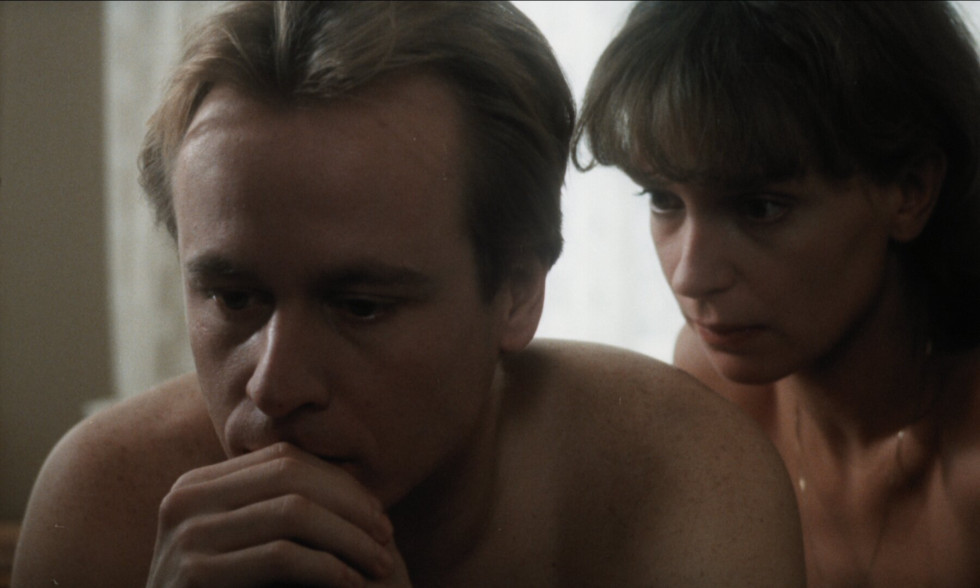

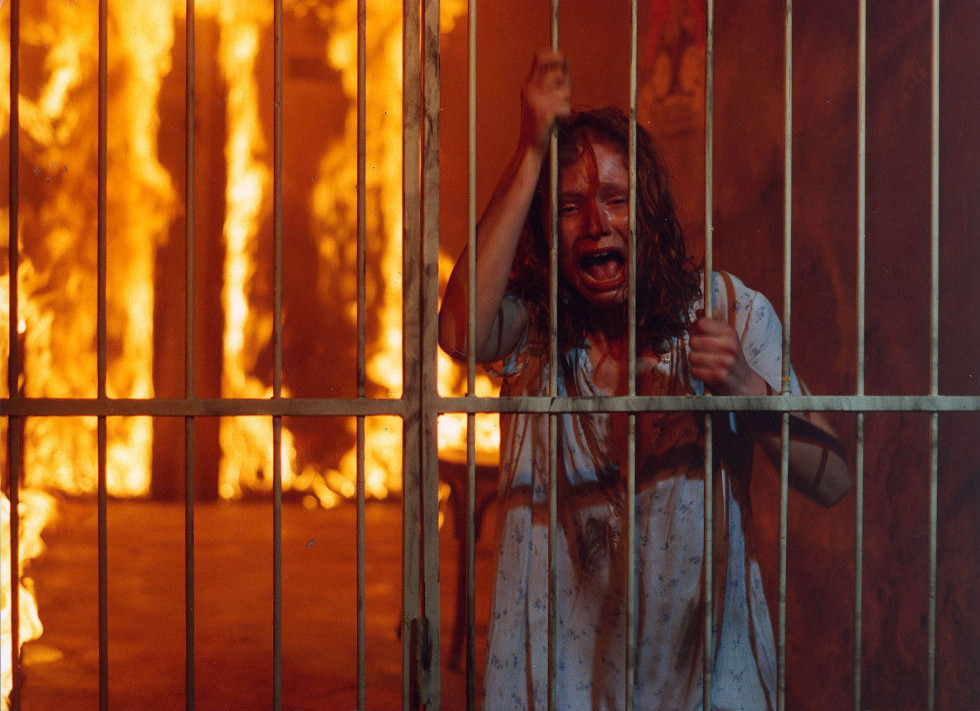



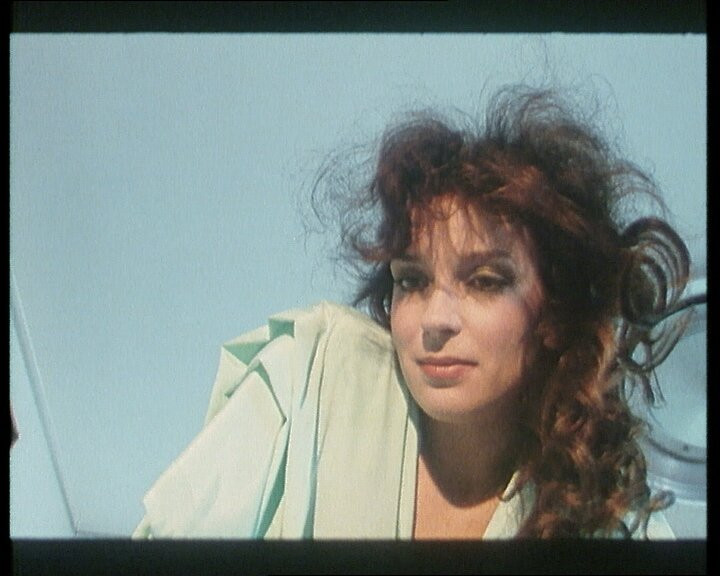

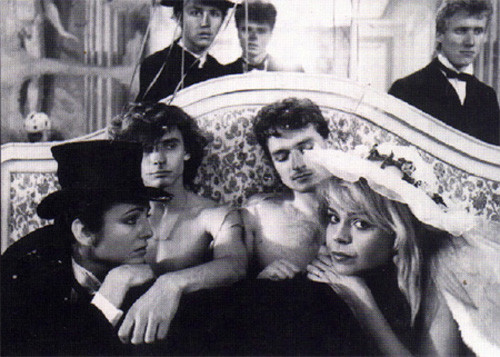

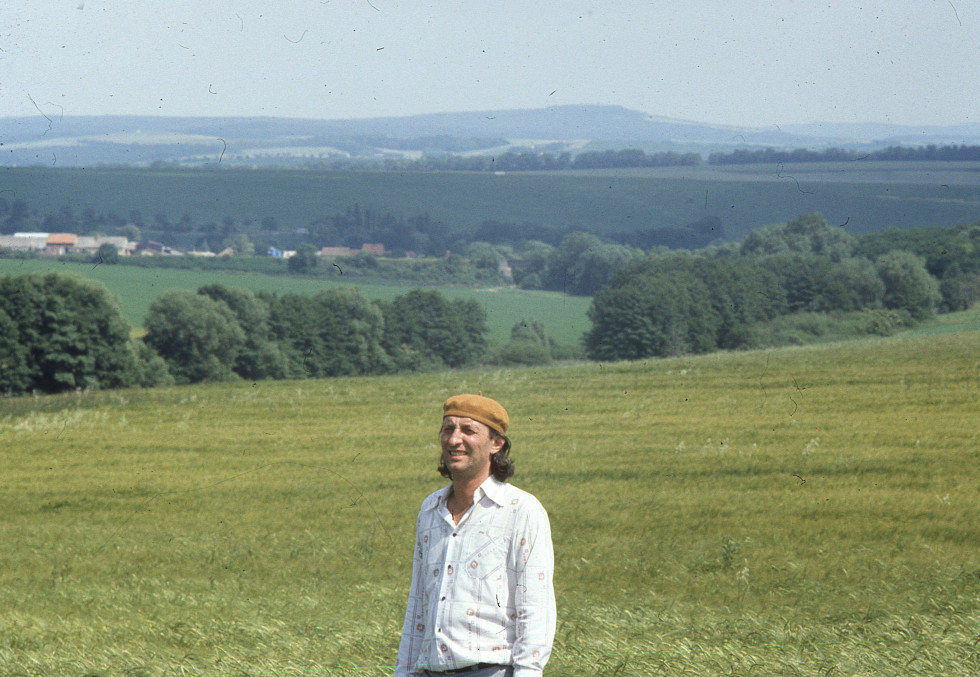

The 54th Karlovy Vary IFF commemorates the 30th anniversary of the Velvet Revolution with a selection of seven movies shot in 1989-1992. The selected films, made in the “wild nineties” after the disintegration of the totalitarian regime, strongly reflect filmmakers’ newly acquired artistic freedom, where the director’s imagination was the only limit. The fearless exploration of genre, pointed social critique and, in the words of Jan Němec, “the strange spirit of an era involving the most fundamental changes, not only from bad to good, but from bad to everything” – these are the topics we’ll be discussing at this year’s festival with the creators of the distinctive work that came out of an era so hopeful for film and the society at large.
Tomáš Vorel captured the unexpected transformation of communism into democracy in his now cult “rhythmical of the totalitarian age” Smoke (1991), a highly ironic tale of a young engineer’s conflict with a bizarre factory’s petrified organizational structure. Irena Pavlásková, meanwhile, offered up a significantly more chilling take on the absurd nature of life in pre-revolutionary Czechoslovakia in her caustic psychological thriller Time of the Servants (1989); here, the transformation of timid medical student Dana into an unscrupulous master of manipulation perfectly captured the creeping moral decay of society as a whole. The third choice from a beginning filmmaker is Filip Renč’s debut Requiem for a Maiden (1991). This drama, based on true events from the 1980s, follows the sad fate of fourteen-year-old Marika, who is mistakenly sent to a home for mentally disabled girls. The film’s vivid depiction of her cruel treatment and its tragic consequences heralded the emergence of new and more expressive forms of genre cinema after 1989.
Wherever artistic freedom wasn’t being stifled by commercial considerations during the early post-revolutionary era, earlier generations of filmmakers who had worked prolifically under communism found countless new sources of inspiration. It is no coincidence that experienced directors who had always refused to compromise in the face of communist censorship ended up creating some of the most urgent explorations of the new-born democracy. Jan Němec returned to Czechoslovakia after fifteen years in exile and immediately caused an uproar with his aesthetically unusual The Flames of Royal Love (1990), a subversive shout in an era of chaos when genius, amateurishness, art, and kitsch suddenly all found themselves back at the same starting point. The rapid transition to capitalism stirred up a plethora of new adventures, which Juraj Jakubisko captured in his comic drama It’s Better to Be Wealthy and Healthy Than Poor and Ill (1992), a post-1989 tale of two women who jointly throw themselves into business. The selection of post-revolution pictures symbolically concludes with Věra Chytilová’s visionary morality tale The Inheritance Fuckoffguysgoodday (1992) about the foibles of Bohuš, an essentially kind-hearted bumpkin who is eventually corrupted by money; this tragicomic look at the ills of early capitalism was remarkably ahead of its time. More information here.
First-hand brews throughout the year.
Be among the first to learn about upcoming events and other news. We only send the newsletter when we have something to say.